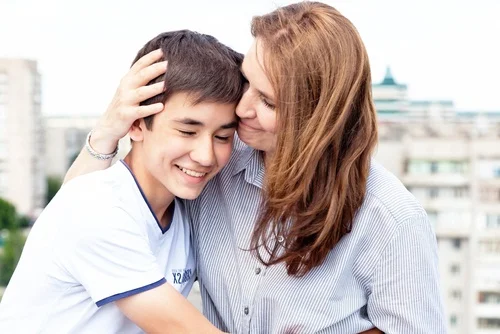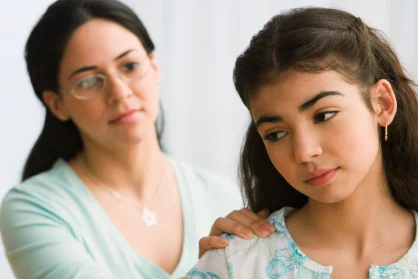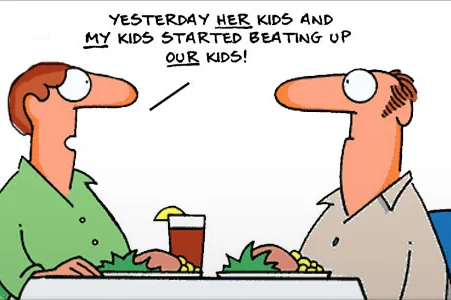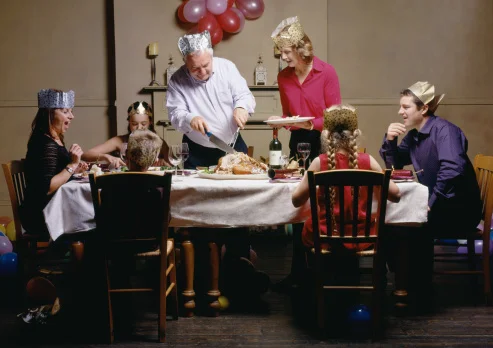+1 845 259 2974 (11 a.m to 7 p.m CST)
Single Moms: Here's why you shouldn't block out the father's family

From the day they are born until they're old enough to finally leave for college, children are a handful. And as they grow older, each year presents almost an entirely new set of challenges for parents. Whether it's a situation of teenage angst, disciplinary issues at school or drug abuse, no one parent can manage a vocation and a child and that's primarily why single mothers raising children who choose to take all these responsibilities onto themselves are likely to get bogged down simply coping with life.
But mothers are designed to provide and single mothers more so than others because they're always trying to compensate for the 'missing parent'. As a result single mothers are likely to feel like they're divided in far too many jobs and chores and that they don't get enough time to indulge in activities to appease their own needs which are somehow always secondary to the more urgent need of their children. What doesn't occur to most single mothers is that a helping hand from the paternal side of the family can make a world of difference in their own lives and the lives of their children.
First and foremost, single mothers who can amicably share the responsibility of raising children with direct relatives of the child who also care for him or her, means that single mothers will have more time to invest in other things that may be critical to their own growth and happiness. This is essential because a happy mother will raise a happy child. Furthermore, and especially in case of boys, if the actual father of the child has restricted access or is unable to meet his child for any reason, it's important for the mother to provide the child with a father figure in his life who can connect with the child as a man; understand him better and guide him in interests and activities that a woman (his single mother) may or may not have an understanding of. The paternal grandfather or uncles of the child can play a crucial role to meet this particular need.
For single mothers who choose not to opt for 'help', more often than not, their routine does not allow them to spend enough time with their children. As a result, children feel neglected and some turn to drugs or petty crimes for solace. According to the U.S. Department of Health and Human services ‘fatherless children are at a dramatically greater risk of drugs, alcohol abuse, mental illness, suicide, poor education performance, teen pregnancy and criminality.’ To prevent this kind of delinquency, it is important for mothers to introduce male role models who can spend time with their children, discipline them and ultimately guide them.
Mothers want the world for their children; they want their children to be loved, encouraged and motivated. Here, paternal grandparents can help by showering their affection and mothers can rest assured knowing that the grandparents have the children’s’ best interests at heart. Single mothers also want their children to be aware of their family heritage and have a sense belonging. Spending time with grandparents is the best way for children to learn about their family history and the past.
Single mothers are their children’s foremost role model. By setting an example of positivity, understanding and respect, mothers can inculcate good values and teach their children to face their own conflicts with the same positive outlook. That is why it is very important that single mothers handle this delicate situation with the father’s family well because it will teach their children how to deal with family conflicts of their own as they become adults.























